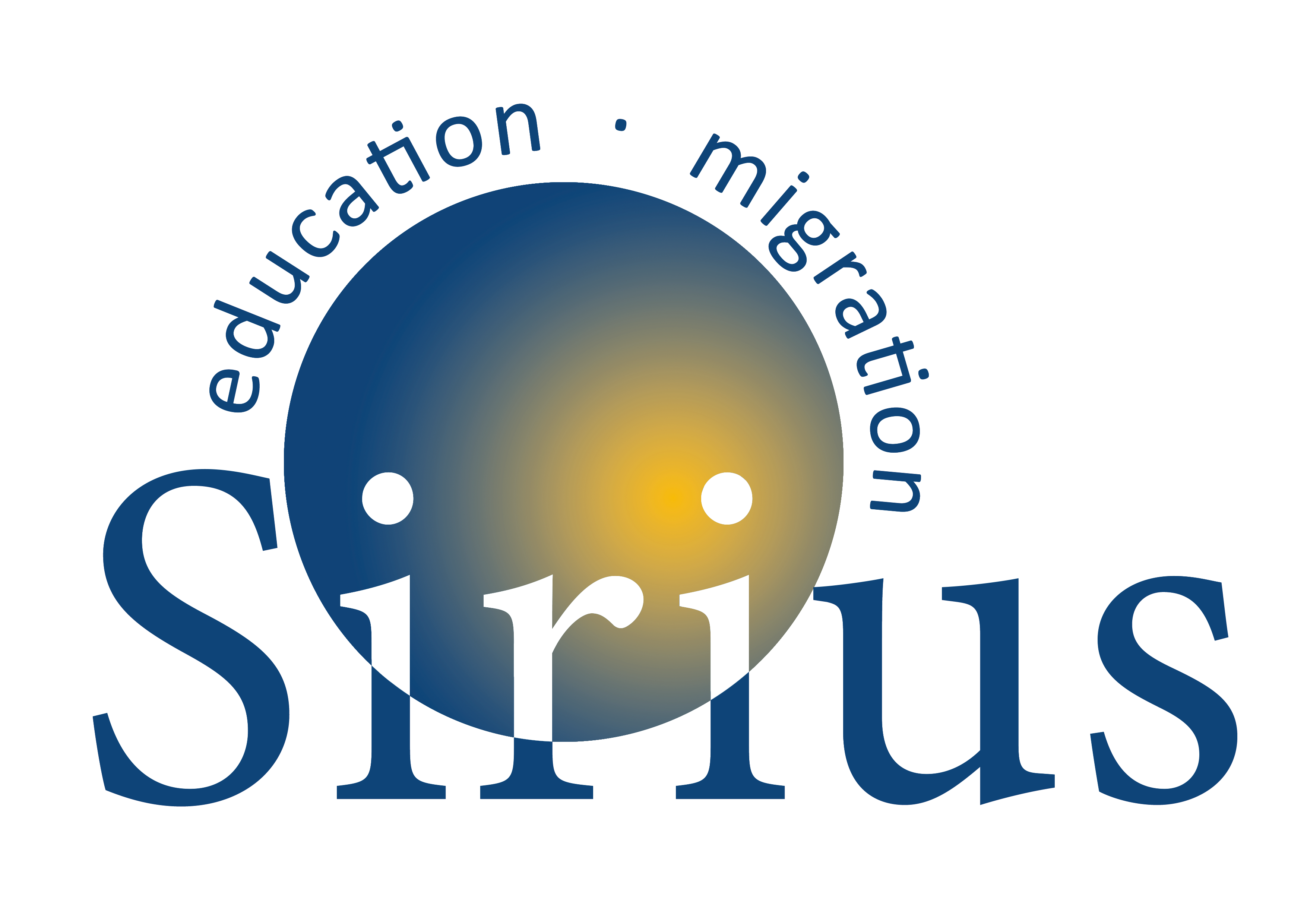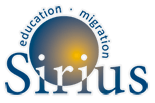Ensuring that every child reaches his or her potential should be a top priority for education policies. To achieve this, education systems need to become more flexible, dynamic, innovative and open to keep pace with the rapid societal and economic changes taking place across the world – and make high-quality education a reality for all. For children and young people with a migrant background as well as for those living in dire socio-economic circumstances, which comprises a large share of not only European school population, education is key for socio-economic success and for overcoming disadvantages in their societies.
There is a broad consensus among policy stakeholders as well as vast research evidence that education plays a critical role in building resilient, cohesive and fair societies, yet the investment in education and its prioritisation on political agendas rarely reflect this. Inclusive education as a goal is being threatened by the increasingly evident crises of the EU-upheld values and by the phenomenon of closing societies both in the EU and beyond. In such a context, education systems and schools are left with multiple challenges in meeting the needs of the diverse (student) population and often fail to provide equal opportunities to socially disadvantaged children. In recent years, schools have felt the pressure for change even more, as they face the realities of social transformation processes such as increased numbers of migrant/refugee learners, ethnic, social and geographical divides that increase the equity gap, politicisation of educational content, etc.
Education policy responses have the potential to bring educational benefits and wellbeing to all children and it is vital that the legal and policy frameworks, as well as effective delivery systems, are in place and implemented if the ambitious visions of both UN Sustainable Development Goal No 4 (SDG 4) and EU European Education Area (to be built by 2025) are to be achieved.
Enhancing education opportunities for social-disadvantaged children and making education systems more inclusive for all requires coordination of different policy areas and multi-stakeholder involvement as well as strong political will from governments. SIRIUS – Policy Network on Migrant Education and NEPC – Network of Education Policy Centers – aim to facilitate this process by bringing evidence into the policy debate and connecting and mobilising a wide network of actors to promote social inclusion, thus providing opportunities for realising every child’s potential.
SIRIUS-NEPC policy conference 2019 brought together more than 130 education stakeholders from more than 20 countries, including researchers, practitioners, policy makers, migrant-led organisations, school representatives and students to share knowledge, experience and good practice on migrant education. The event took place in Zagreb on 7 May 2019 and was a unique opportunity to bring together both SIRIUS’ and NEPC’ constituencies to mutually learn from each other by sharing experiences from two geographies: the EU and its Neighbourhood. The conference was an occasion to reflect on inclusive education, and more particularly on how to implement policy and practice responses recommended in the last years by a wide number of education stakeholders. By sharing views and experiences, the conference promoted networking and transfer of knowledge on the education needs and progress of refugee & asylum-seeking children, on policies for students with low socio-economic status, socio-emotional learning, training of teachers and school leaders, multilingual teaching materials, non-formal education and better links with school-based learning, and the contribution of migrant-led mentoring and education initiatives.
More particularly, participants looked into three key thematic areas:
1) Addressing socio-economic inequalities
Poverty and social exclusion limit students’ opportunities to achieve their full potential by affecting their wellbeing and lowering educational outcomes. The PISA 2015 reports that students’ socioeconomic status (SES) has a significant bearing on performance, with those coming from low-SES households much more likely to be low achievers. The socio-economic inequality thematic panel and workshop will drew on the findings of the BRAVEdu project – “Breaking the Poverty Taboo: Roles and Responsibilities of Education” and other recent initiatives to explore and analyse policies and practices supporting disadvantage learners from low SES in active participation in school life and in achieving better learning outcomes.
2) Valuing and building on multilingualism in the classroom
Multilingual and multicultural classes are more and more a reality across Europe and this is expected to be the new standard in many European countries, especially in urban areas. In such a context, migrant and minority children bring a multitude of language skills to the classroom, but these remain often hidden to their teachers. Data show that strengthening mother tongue education in regular school lessons also improves students’ competences in the main language of instruction as well as their cognitive skills. Valuing children’s multilingual resources within the classroom will build equal opportunities for all children while “helping migrant students build their (multicultural) identity and consequently facilitate their integration into school”. This thematic panel and workshop drew on the findings of the AVIOR project that looked at how to reduce the costs of producing bilingual materials, improve teacher professional competence and enhance migrant parental involvement in the learning process of their children.
3) Exploring synergies between non-formal education and schools for more equity and quality
The whole-school approach and the horizontal inter-connectedness of schools is identified in the literature as one of the key factors ensuring inclusion and equity in education. Several recent EU-level and national strategies have highlighted the important role of non-formal learning in integrating children of migrant backgrounds and building resilience of children from socio-economically disadvantaged families. This is especially important, given the fact that children spend around 85% of their active time outside school. Cooperation between non-formal education actors and schools can therefore provide an extra dimension to traditional education practices, strengthening the capacity of schools to address the individual needs of diverse learners. This thematic panel and workshop drew on the findings of SIRIUS Watch 2018 that looked at how synergies between formal and non-formal education sectors can be better explored and how these synergies can be enhanced and mainstreamed in order to improve learning experiences of all children, and migrant children in particular. The workshop also brought in contributions from SIRIUS and NEPC partners and friends.


